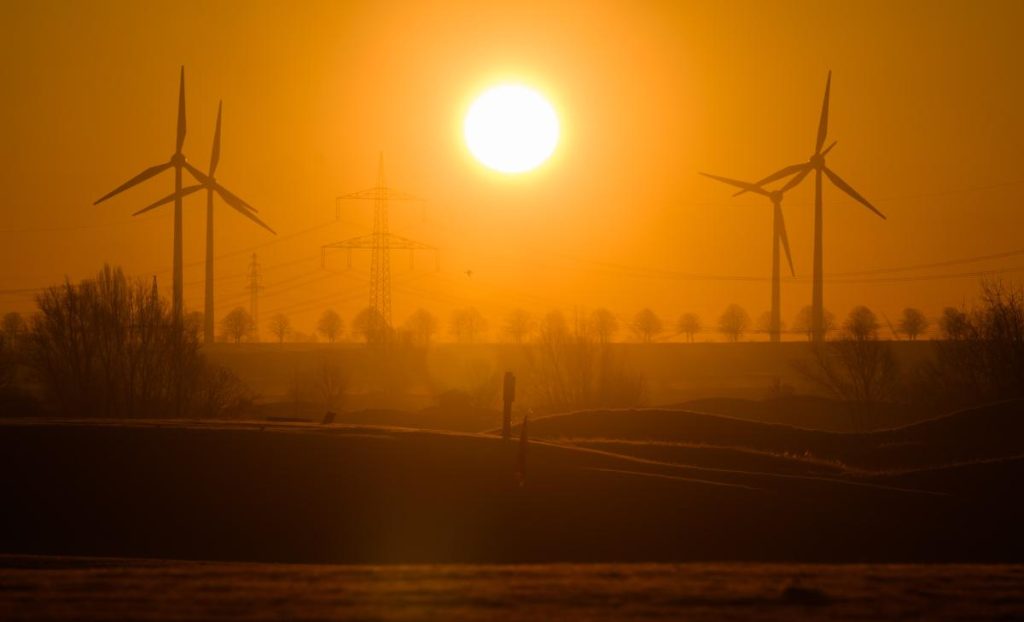The European Parliament has spoken out in favor of more ambitious goals to expand renewable energies such as wind, solar and hydropower.
A majority of European Parliament members voted in Strasbourg on Wednesday in favor of a bill that would require 45 percent of EU energy to come from renewable sources by 2030, instead of the previously planned 40 percent.
However, EU countries agreed to maintain the 40 per cent target. Parliament and EU countries now have to negotiate the law before it comes into force.
The target set in the Renewable Energy Directive
The goal of expanding renewable energies has been defined in the so-called Renewable Energy Directive. EU countries must implement it through national procedures. According to the Federal Statistical Office, 22 percent of the energy consumed in the European Union currently comes from renewable sources, and in Germany it is 19 percent.
biomass capped
Members of Parliament have now also voted in favor of the fact that biomass, for example from wood, is still considered a source of renewable energy, but the amount has been capped and government subsidies for it will be phased out. Environmental organizations and scientists criticize the fact that forests are being cleared to burn wood and that much climate-damaging carbon dioxide is produced that would otherwise stick to trees.
Definition of “green” hydrogen
It has also been controversial when hydrogen is considered “green”. Hydrogen is considered climate friendly if it is produced using electricity from renewable sources such as the sun or wind. MEPs have agreed to more flexible standards for “green” hydrogen from the Commission, for example, other electricity must also be used for production if no renewable electricity is available.
Separately, parliamentarians voted on energy efficiency targets. According to their will, energy consumption should be reduced by at least 14.5 percent by the end of the decade, instead of the previously planned 9 percent compared to 2020. Here, too, states want to stick to the lower target.

“Food practitioner. Bacon guru. Infuriatingly humble zombie enthusiast. Total student.”







More Stories
KaDeWe stops selling meat and sausages
Another earthquake near the giant Naples volcano
Trump wants to block Harris' access to donations